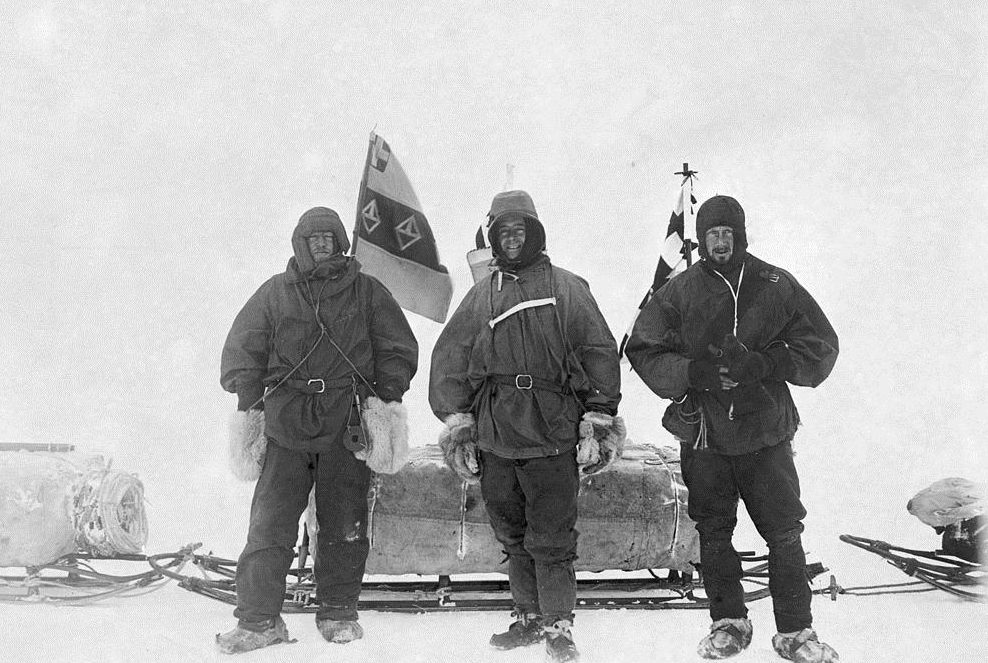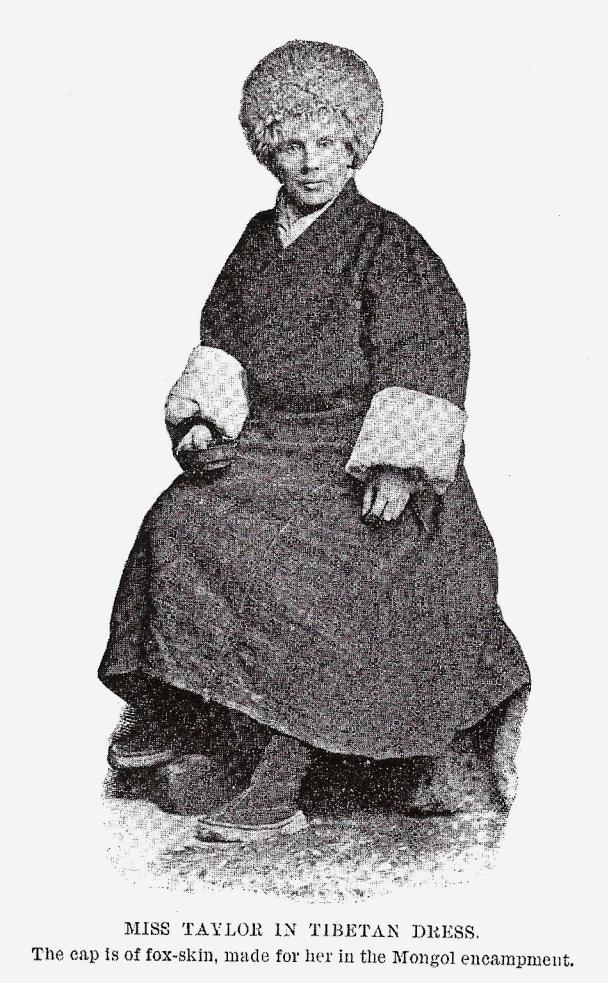Whatever the hardships faced by explorers, as the season turns toward Christmas these heroic men and women have traditionally found comfort in food that brought a taste of home.
Research by the writer-in-residence with the Perth-based Royal Scottish Geographical Society, Jo Woolf, has unearthed some interesting tales of Christmas past.
“When we interviewed the Norwegian explorer Borge Ousland last year, he revealed that he always takes an almond cake with him on his expeditions,” she said in a blog for the RSGS.
“Historically, it seems that many explorers would have agreed with him.”
In November 1902, with his research ship Discovery moored in McMurdo Sound, Robert Falcon Scott was preparing to venture into the interior of the Antarctic in the company of Edward Wilson and Ernest Shackleton.
The climate tested their physical and mental stamina with extreme blizzards causing frostbite and they had cut their food rations down to the barest minimum.
“Tempers were strained to breaking point,” said Mrs Woolf.
“Breakfast on Christmas Day consisted of an unappetising mix of seal meat, scraps of bacon and blackberry jam.
“Shackleton surprised them by producing a six-ounce plum pudding. He had been keeping it in one of his socks — a clean one, of course — along with a sprig of holly.
“After he had boiled it for half an hour the men used their emergency supply of brandy to set it alight. The joy was indescribable, and harmony was restored.”
“It was,” said Scott, “a day to remember for the rest of your life.”
In September 1892, when Annie Taylor crossed over the Chinese border into Tibet, she was trespassing in a forbidden country where she risked execution if she was discovered.
Her plan was terrifyingly simple — she was going to smuggle herself into Lhasa and convert the Dalai Lama to Christianity.
“Annie was prepared to sleep in a freezing hole in the ground, but she had certain standards to uphold and one of them involved the celebration of Christmas,” said Mrs Woolf.
“Somehow, she had managed to bring with her enough flour, suet, black sugar and currants to make a pudding, and on Christmas morning she put it on to boil. But at such high altitudes water boils while it is tepid, and after two hours the pudding was still cold in the middle.”
She was later arrested and had to plead for her life, with the result that she was set free and forced to make the return journey in the teeth of a Tibetan winter.
As winter descended on the Rocky Mountains in 1873, Isabella Bird from Scotland was settling into a life in the wild territory of fur-trappers, cattle ranchers, and dangerous men.
“In November the first storms arrived with a vengeance,” said Mrs Woolf.
“One morning Isabella awoke to find her floor deep in snow, but it was too cold to open the door and shovel it out. Her hair, which had got wet the day before, was frozen in plaits. But it was Thanksgiving, and Isabella, a supremely capable cook, intended to celebrate it.”
She cooked venison steaks and potatoes, made two puddings, and custard for a meal that no one would forget.
She was however spared having to produce a Christmas feast, shortly later escaping the wilderness for a lifetime of adventure on the other side of the world.

